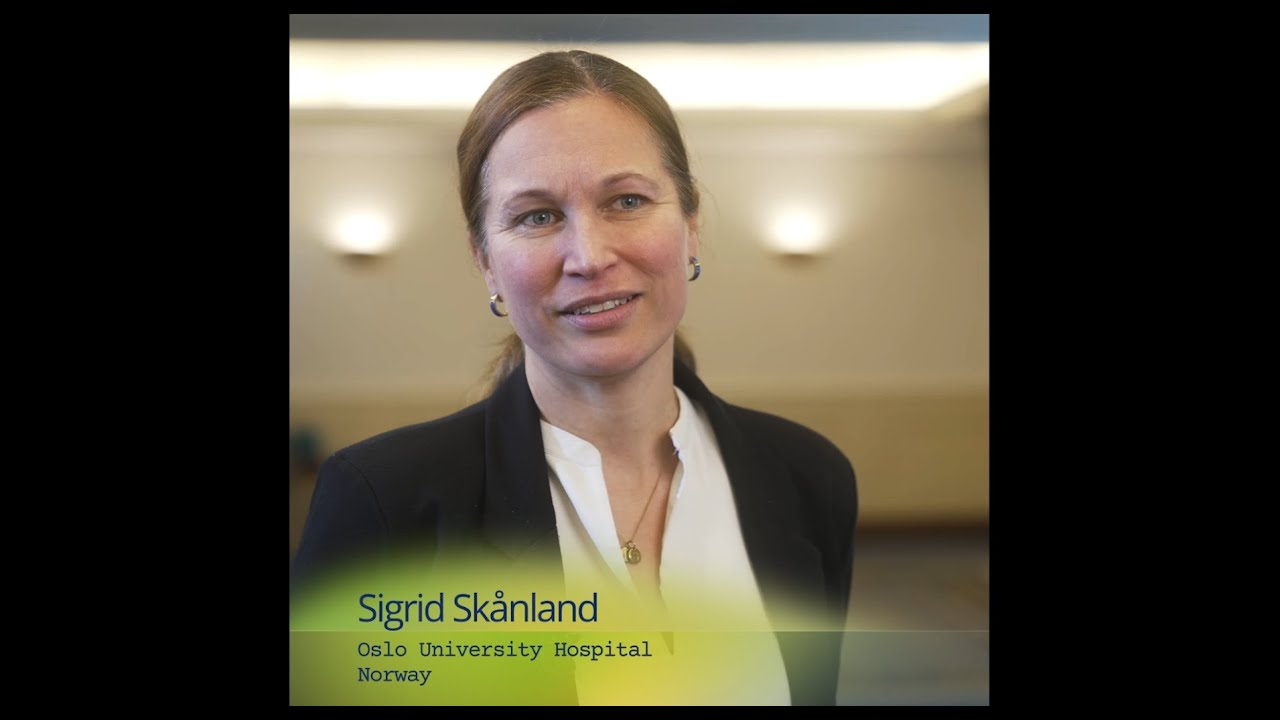
Chronic lymphocytic leukemia (CLL) is the most common form of leukemia in Europe. Targeted therapies have revolutionized the disease management, but it remains incurable. To prevent ineffective treatment and reduce toxic effects, there is an unmet clinical need for tailoring optimal therapy to each patient.
In CLL-OUTCOME, we aim to improve survival and health related quality of life (hrQoL) for patients with CLL; specifically, to increase treatment efficacy of targeted therapies and to reduce adverse events. The consortium has previously identified biomarkers for predicting clinical outcomes and developed a novel machine learning-based prognostic model based on these biomarkers as a clinical decision support tool in the ERA PerMed project CLL-CLUE. Here, we will validate this prognostic model in a feasibility study using samples and data from clinical studies. This will enable us to optimize the model input and individual patient outcomes for hrQoL and treatment efficacy in preparation for a prospective clinical trial. To facilitate implementation of the clinical decision support tool in the healthcare system, we will develop health economic models to assess the prognostic model retrospectively and prospectively, with emphasis on involving key stakeholders.
CLL-OUTCOME will be carried out as a collaborative effort including clinical, molecular, computational, and health economic research groups in CLL in Europe. The project will benefit from the transnational consortium, including established access to patient samples and ongoing clinical trials from several European countries. The consortium is interdisciplinary, reflecting the complex process of developing and implementing new prognostic models for personalised medicine.
EP PerMed Conference 2025
At the EP PerMed conference on personalised medicine research in February 2025, we spoke to Sigrid Skånland, who is building on the results of the previous CLL-CLUE project (funded under ERA PerMed JTC2020) with the CLL-OUTCOME project (funded under EP PerMed JTC2024), which she is also coordinating. In her statement, Sigrid emphasises the importance of ongoing funding programmes, citing the example of how ERA PerMed enabled her research consortium to find a biomarker and how EP PerMed enabled the validation of this biomarker and the planning of its implementation in a clinical trial to guide personalised treatment decisions.


